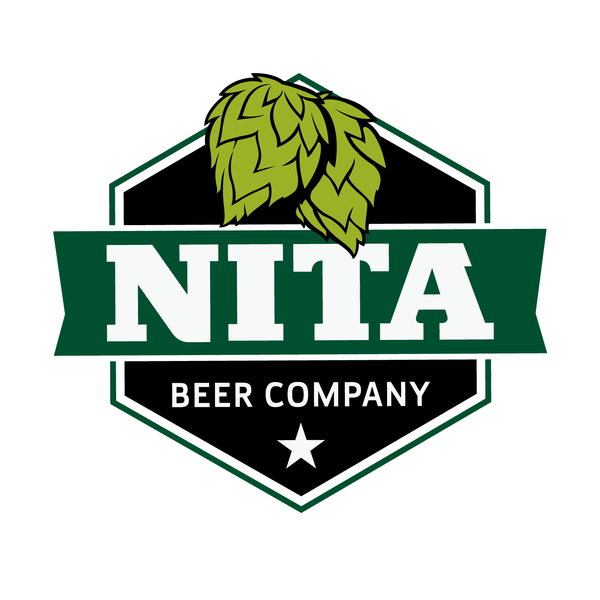21069 - Beyond the Reinheitsgebot
Many people have heard of the Reinheitsgebot - the German beer purity law introduced in the 1500s but perhaps few understand some of the reasons or economic impacts on beer in Germany and the world. The Reinheitsgebot mandated that beer produced in Bavaria and later all of Germany would be produced with only three (and later 4) ingredients: barley, hops, water and eventually yeast was introduced.
Showing how seriously German's take their beer, the Reinheitsgebot was perhaps an early commercial quality standards. Brewers who wanted to make and sell their beer in Bavaria were limited to these three (four) ingredients and provided a level of consumer protection. The impacts outside of Germany were far reaching as the German beer market was/is a much sought after customer base.
Moreover, the Reinheitsgebot was also an introduction of economic influence of the state on a particular market: in this case, the grain market. By ensuring that wheat was not allowed to be included in beer, the rulers of the time were able to ensure a lower price of wheat for bakers, subsequently ensuring a stable price of bread.
The law also had an impact on the unification of Germany throughout the 20th century. After WWI, Bavaria only agreed to unify if the law was included in the unified Weimar Republic. However, the law was somewhat mutated allowing different standards for ales in comparison to lagers. When East and West Germany united in 1989, the law was consumed into tax code.
Germans were eventually forced by European courts to allow imports of non-Reinheitsgebot beer into Germany in 1987.
All of this plays into what constitutes an additive in modern day beer. Many of our local brewers use things like calcium chloride to manage the water, lactic acid to adjust the pH of the beer and CO2 for carbonation. Depending on how these things are produced would influence whether or not they are allowed under Reinheitsgebot.
It's also interesting that recent Ontario political announcements around a buck a beer would be exactly opposite to what German's did with Reinheitsgebot. These types of announcements although not likely heeded by the craft brewing community demonstrate the difference in brewing culture. Many breweries that are focusing purely on low price will introduce other grains such as rice or corn to drive down the cost of their brews.
